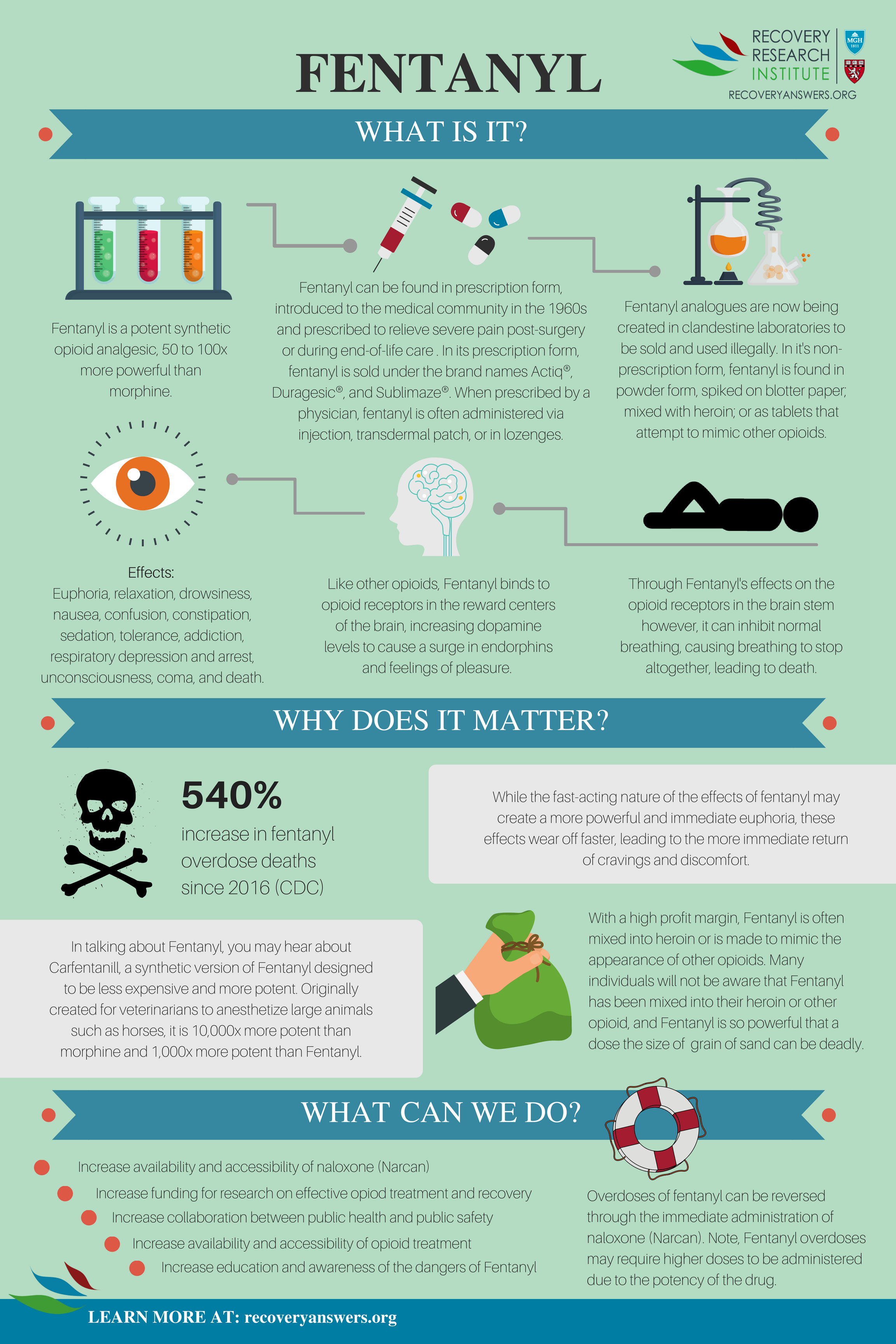Discover The Importance Of Post-Treatment Care In Substance Misuse Rehabilitation For Sustained Recuperation. Discover How Encouraging Networks Can Aid In Keeping Sobriety And Producing A Meaningful Existence
Discover The Importance Of Post-Treatment Care In Substance Misuse Rehabilitation For Sustained Recuperation. Discover How Encouraging Networks Can Aid In Keeping Sobriety And Producing A Meaningful Existence
Blog Article
Web Content Develop By-Thrane Ogle
You can't do it alone. Recuperation from drug addiction requires a solid support group.
The value of aftercare in drug rehab can not be overemphasized. In simply click the up coming web site write-up, we will discover the role of therapy, the advantages of therapy, and the foundation given by peer support groups in maintaining sobriety.
So, get a mug of coffee, relax, and let us guide you through the critical actions of post-rehabilitation assistance.
The Role of Counseling in Aftercare
If you want to keep your soberness after leaving rehabilitation, it's crucial that you continue participating in counseling sessions as part of your aftercare strategy.
Counseling plays an essential function in your healing trip by supplying continuous assistance, guidance, and a safe area to share your sensations and problems.
Via counseling, you can resolve any underlying issues that may have added to your addiction, create dealing methods, and learn much healthier means to take care of tension and yearnings.
It permits you to overcome any type of unresolved emotions and develop a much better understanding of on your own and your triggers.
The Advantages of Therapy in Maintaining Soberness
To maintain your soberness, therapy can supply numerous advantages.
- Therapy uses a secure space for you to discover and resolve the underlying problems that may have contributed to your dependency.
- It allows you to overcome your emotions and establish much healthier ways of managing tension and sets off.
- Via therapy, you can get a much better understanding of yourself and your patterns of habits, which can aid you make positive adjustments in your life.
- Additionally, therapy provides you with a support system of experts that are trained to lead and assist you on your trip to recuperation.
- They can use important understandings, tools, and strategies to help you navigate the obstacles that might arise.
- In therapy, you can learn to create healthy coping abilities, build resilience, and boost your overall wellness.
Peer Support Groups: A Foundation for Lasting Recuperation
You can find lasting healing by proactively joining peer support groups and getting in touch with others that share similar experiences and objectives.
Peer support groups offer a secure and non-judgmental space where people in recuperation can collaborate to share their struggles, successes, and understandings. By actively joining these teams, you can get the support and inspiration you require to remain on the path of recovery.
Getting in touch with others who have actually gone through comparable experiences can be incredibly encouraging, as it aids you understand that you aren't alone in your trip. It also allows you to learn from others who've successfully conquered comparable obstacles. With each other, you can commemorate milestones, hold each other answerable, and offer assistance and advice.
Via these links, you can build a solid support group that will certainly aid you browse the ups and downs of healing and inevitably locate enduring healing and improvement.
https://psychcentral.com/addictions/substance-use-disorder-symptoms 've learned about the important duty of aftercare in drug rehabilitation. Counseling, treatment, and peer support system contribute to lasting recuperation. Here's a shocking statistic to comprehend the size of the problem: researches reveal that people that receive aftercare therapy are 50% most likely to keep sobriety contrasted to those that do not.
So, visualize the transformative power of these support group in assisting individuals reclaim their lives and develop a brighter, drug-free future.
